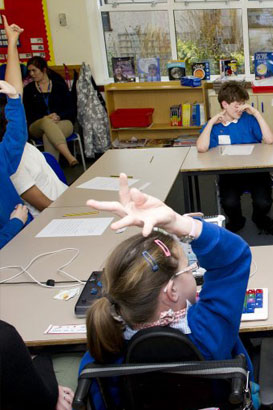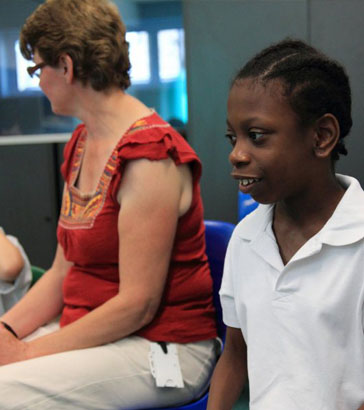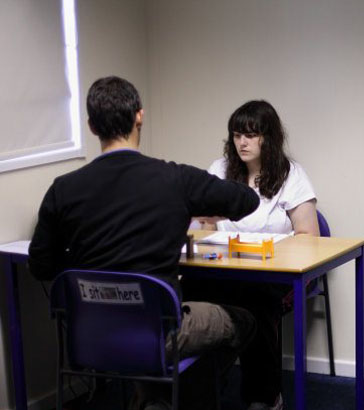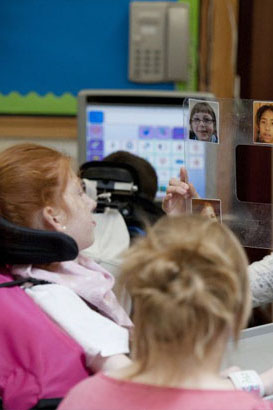

Mental health includes: a positive sense of well-being;
individual resources including self-esteem, optimism, a sense of mastery and coherence; the ability to initiate, develop and
sustain mutually satisfying personal relationships and the ability to cope with adversities.
Mental health is more than an absence of symptoms of mental illness or distress. Mental Health refers to a positive sense
of well-being and a belief in our own worth and the dignity and worth of others.
Count Us In, 2002


Mental health is about... 'being confident and positive,
and able to cope with the ups and downs of life'...It includes emotional health, which is about sleeping well, feeling energetic,
creative, safe, accepted and concerned for others...
Saving Lives: Our Healthier Nation White Paper, 1999


Mental health is emotional and spiritual resilience which
enables us to enjoy life and survive pain, disappointment and sadness. It is a positive sense of well-being and an underlying
belief in our own and others worth.
World Mental Health Day Campaign, 2010
In 2001, the DfE adopted the Mental Health Foundation's definition of children's mental health (drawn from an NHS Health Advisory Service publication, 1995), describing the mentally healthy child as one who can:
- Develop psychologically, emotionally, intellectually and spiritually;
- Initiate, develop and sustain mutually satisfying personal relationships;
- Use and enjoy solitude;
- Become aware of others and empathise with them;
- Play and learn;
- Develop a sense of right and wrong;
- Resolve (face) problems and setbacks and learn from them.

These include:
- The conditions to learn and develop;
- A positive view of themselves and an identity that is respected;
- Having enough of what matters;
- Positive relationships with family and friends;
- A safe and suitable home environment and local area;
- The opportunity to take part in positive activities to thrive.
The Good Childhood Report, 2012
In this document, the authors stress the difficulties encountered by children with complex needs in expressing their unhappiness. This can mean mean that many issues and mental health problems go undetected for a long time and preventative work does not take place.

Foundation for People with Learning Disabilities (2003) Count Us In: Report of the Committee of Inquiry into the Mental Health of Young People with Learning Disabilities. London: Mental Health Foundation.
Health Education Authority (1998) Community Action for Mental Health. London: HEA.
The Children's Society (2012) The Good Childhood Report. London: The Children's Society.